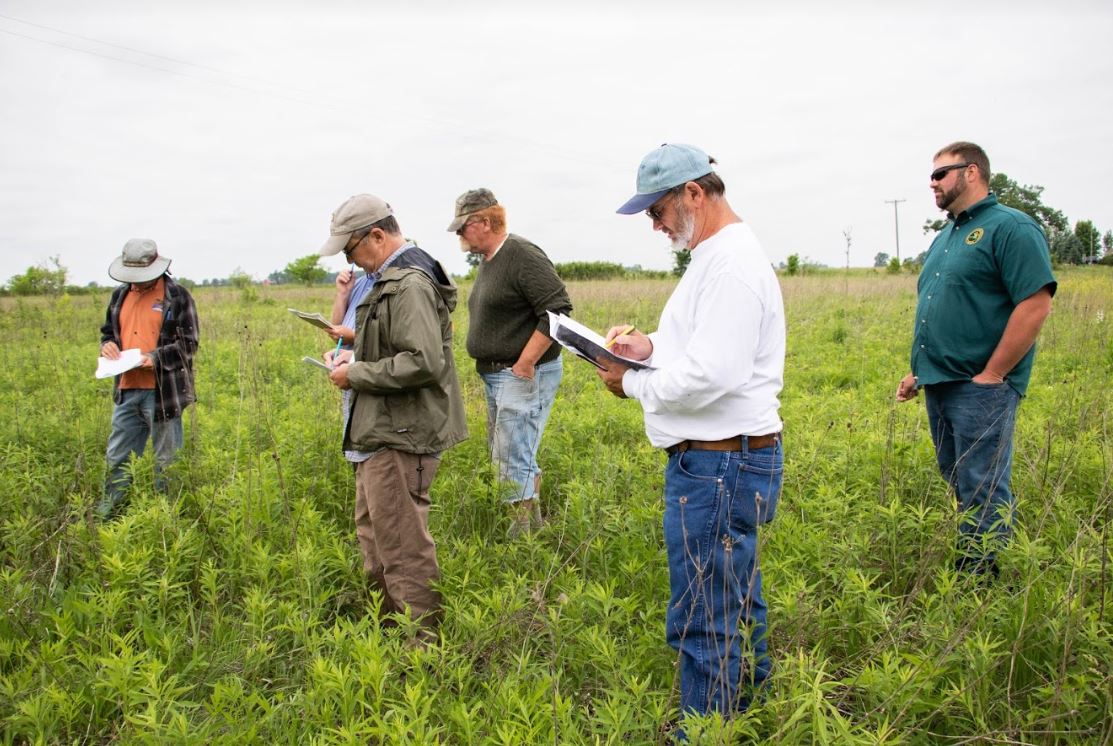In the Field: Connecting with Cooperatives
As most people are spending some extra time at home, including myself, I thought it would be a good time to open the line of communication on wildlife cooperatives. I will be scheduling phone calls with landowners interested in starting or joining a cooperative but haven’t because they aren’t sure what the benefits are or where to start. Working with the Cooperatives Coordinator is one of the very first steps – let’s check that off the list!
There are over 6,000 landowners engaged with the Michigan Wildlife Cooperatives program to date which totals approximately 350,000 acres of private land. These members work on a volunteer basis with the program to improve community education and participation in the management of multiple species including deer, pheasant and turkey and their required habitat.
Phone calls will be 15-30 minutes for the landowner’s convenience.
Would you benefit from one of these consultations? If you answer yes to any of the questions below, a wildlife cooperative could be right for your management goals!
- Are you a landowner or hunt on private land?
- Are you interested in improving your hunting experience?
- Are you interested in improving wildlife habitat?
- Are you interested in making a larger impact on habitat and hunting in your community?
- Are you interested in having more direct access to financial and professional resources to improve wildlife management?
- Would you like to see more pheasants and other grassland birds on your property?
- Would you like to see a more balanced deer herd and older, larger bucks?
If you are interested in setting up a phone call, please email me at mjennings@mucc.org OR message the Michigan Wildlife Cooperatives Facebook page.
The post In the Field: Connecting with Cooperatives appeared first on Michigan United Conservation Clubs.
Recent Posts



